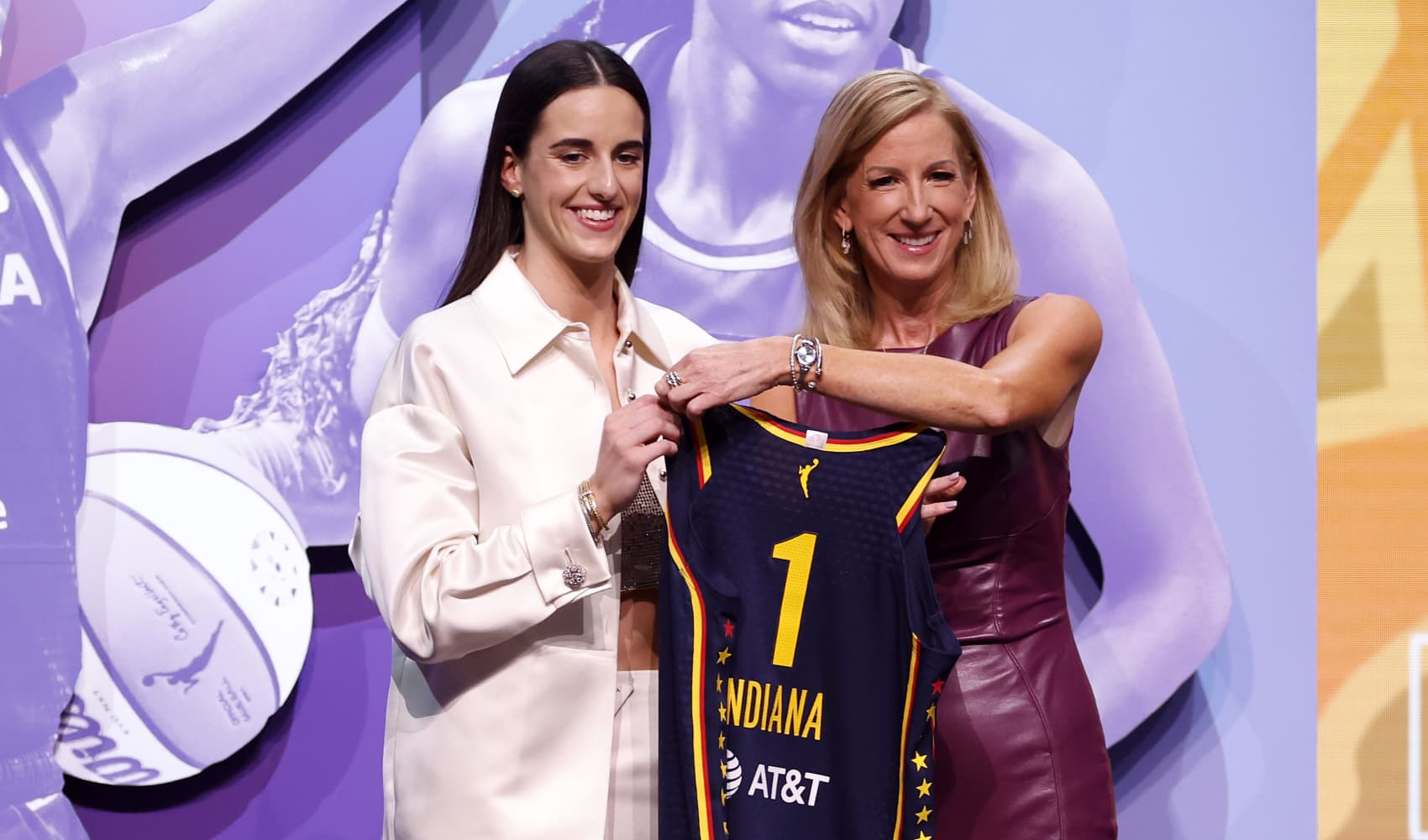
- The company said that 18% of its corporate and investment bank summer interns in North America are Black this year, a 64% increase from 2020, when the level was 11%, according to figures provided by New York-based JPMorgan.
- One reason the bank is making progress has been the use of two software programs that help recruiters sift through more candidates than previously was the case, according to Rob Walke, global head of campus recruiting for the corporate and investment bank.
- The bank used to focus campus recruiting primarily on 17 or 18 of the most prestigious universities including Princeton and the University of Pennsylvania, he said. While students from those schools are still highly sought after, the process often led to candidates with a similar background to employees who had previously graduated from the schools.
JPMorgan Chase boosted the number of Black and female college students selected for investment bank internships by leaning on technology platforms that help the firm broaden out its campus recruiting efforts, CNBC has learned.
The company said that 18% of its corporate and investment bank summer interns in North America are Black this year, a 64% increase from 2020, when the level was 11%, according to figures provided by New York-based JPMorgan. The bank also said female interns make up 55% of the 2021 class globally, from 50% last year.
The move at JPMorgan could ultimately begin to change the composition of Wall Street, which for decades has been mostly a bastion for white males, particularly in senior roles. Banks like JPMorgan, which hires about 1,000 summer interns globally, use the programs to vet and train students to become entry-level bankers when they graduate.
Get Boston local news, weather forecasts, lifestyle and entertainment stories to your inbox. Sign up for NBC Boston’s newsletters.
One reason the bank is making progress has been the use of two software programs that help recruiters sift through more candidates than previously was the case, according to Rob Walke, global head of campus recruiting for the corporate and investment bank.
"We've really opened up the way that we hire," Walke said Thursday in a Zoom interview. The intern selection process "should be based upon your skills, your previous experiences and your ability to articulate your competencies for the role, rather than us assuming them based upon the school you're studying at."
The bank used to focus campus recruiting primarily on 17 or 18 of the most prestigious universities including Princeton and the University of Pennsylvania, he said. While students from those schools are still highly sought after, the process often led to candidates with a similar background to employees who had previously graduated from the schools.
Money Report
Video games
A few years ago, JPMorgan began piloting the use of computer games called pymetrics that aim to objectively measure "cognitive, social and behavioral attributes" of candidates. Hoping to reduce bias in the interview process, the bank also began using a video program called HireVue to automate the first round of candidate interviews.
By widening the number of schools it recruits from and creating relationships with historically Black colleges and universities, the bank has been able to select more minorities: Black students will make up 29% of interns in sales and research roles, 24% in global markets roles and 13% of investment-banking interns, JPMorgan said.
The firm made similar progress in its asset and wealth management division, which will have 17% Black student interns this year, from 7% in 2020.
Most summer interns typically get offered full time positions as first-year analysts when they graduate, according to Walke. The program begins in June and, unlike last year, when the coronavirus pandemic forced interns to work remotely, most investment banking internships will be in person at JPMorgan offices.
If the bank is able to retain its Black talent through the first few rungs of the Wall Street hierarchy – analysts rise to become associates, and some eventually get promoted to the vice president title – the move should eventually result in more minorities at higher levels in the organization.
Other banks including Goldman Sachs and Citigroup have made similar diversity pledges. In 2019, Goldman set "aspirational goals" of having half of all new analysts and entry-level associates hired in the U.S. be women, 11% Black, and 14% Latino. Then, last year Goldman said it would double hiring of junior bankers from Black colleges by 2025.
Still mostly white
But often the challenge in large organizations is in nurturing minorities and women so that some do ultimately rise in the ranks to become senior managers, acknowledged Brian Lamb, JPMorgan's head of Diversity & Inclusion.
To further that cause, the bank has created groups of senior leaders that engage with new hires to help form a sense of community internally, and made diversity and inclusion targets a part of executives' performance and pay evaluations, Lamb said.
Still, as is the case at other banks, most of JPMorgan's executive ranks are white. In the U.S., 83% of the bank's operating committee is white, while 79% of the executive team is white, according to an annual disclosure. In the three years since 2018, the ranks of Black employees in mid-level and higher management positions has mostly stayed flat, along with the total workforce level of 13% for Black employees.
It's at the first rung of the banking hierarchy, the campus recruiting level, that's seen progress: JPMorgan said 58% of the 2020 class were minorities including Blacks, Asians and Hispanics; that figure should rise this year.
"What's important is the trajectory," Lamb said. "Are we seeing gains like we have in the campus recruiting data? Are we seeing year-over-year improvements of women representation and ethnic representation? We're encouraged by the progress, but there's still plenty of work to do."
Enjoyed this article?
For exclusive stock picks, investment ideas and CNBC global livestream
Sign up for CNBC Pro
Start your free trial now






